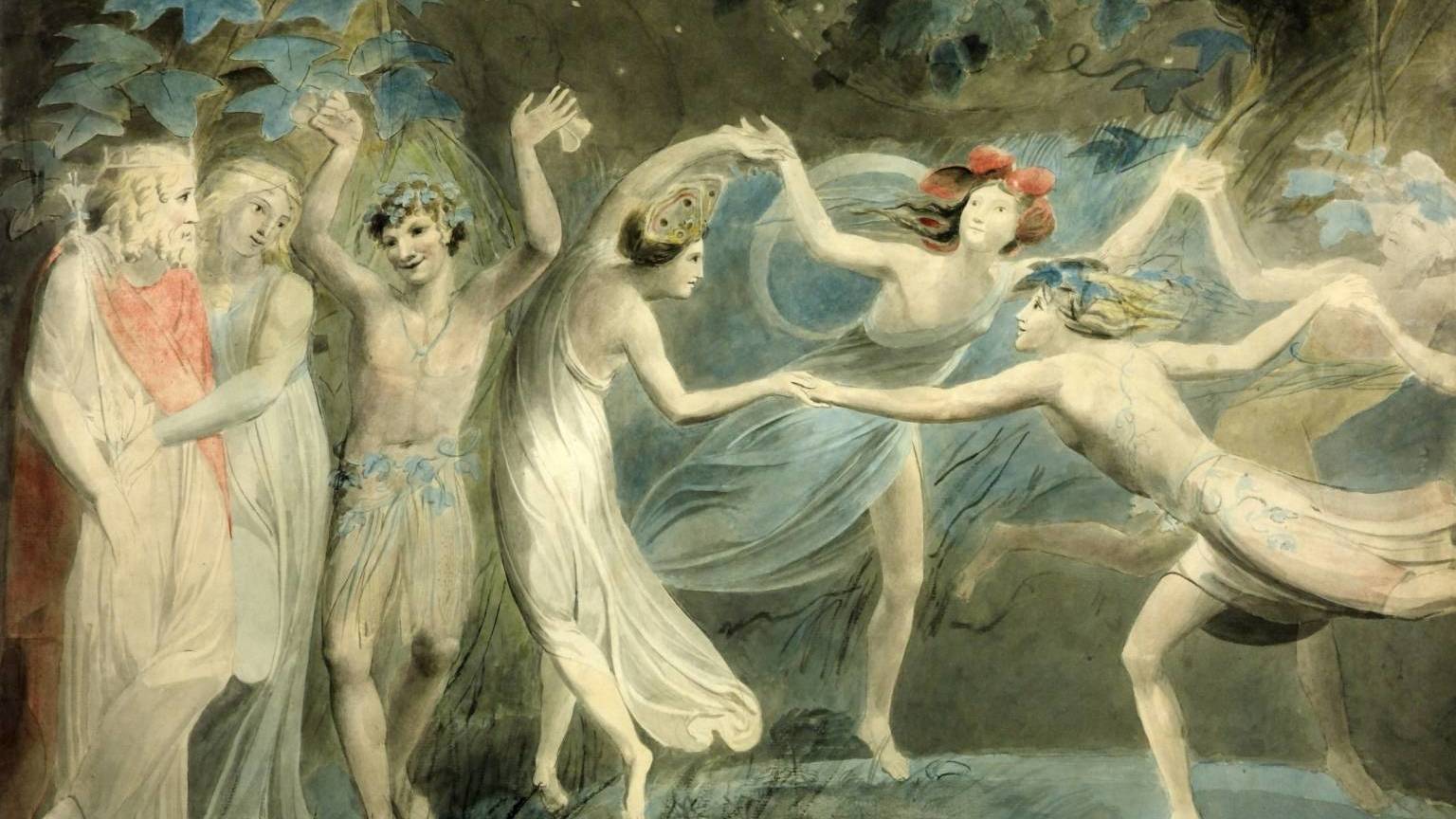The Bells of Vienna/Vaughan Williams’ “Fantasia on Christmas Carols”
Today’s post celebrates the memory of Karl Haas, the German-American musicologist and host of the long-running radio program, Adventures in Good Music. One of the program’s most popular episodes, The Story of the Bells, aired for many years on Christmas Eve. It documented the varied sounds of church bells across Europe and the Middle East. In Haas’ words, “It’s an awesome sound…a sound which leaves no room for human voices.” To continue this tradition, …







